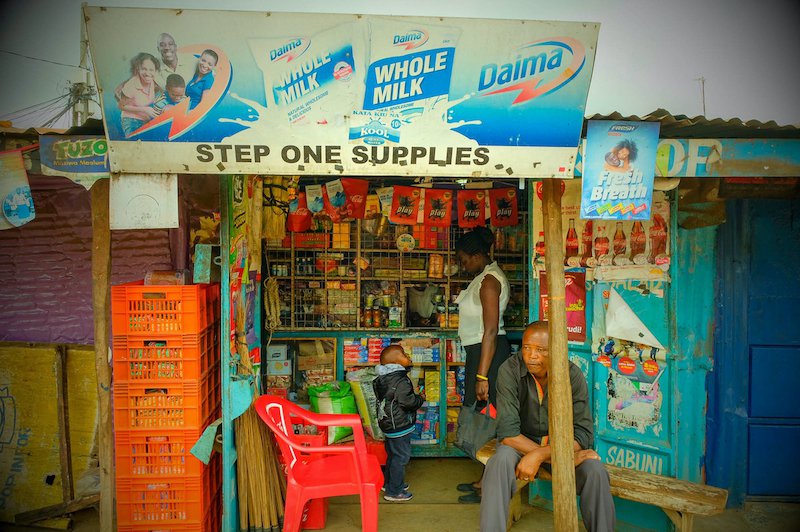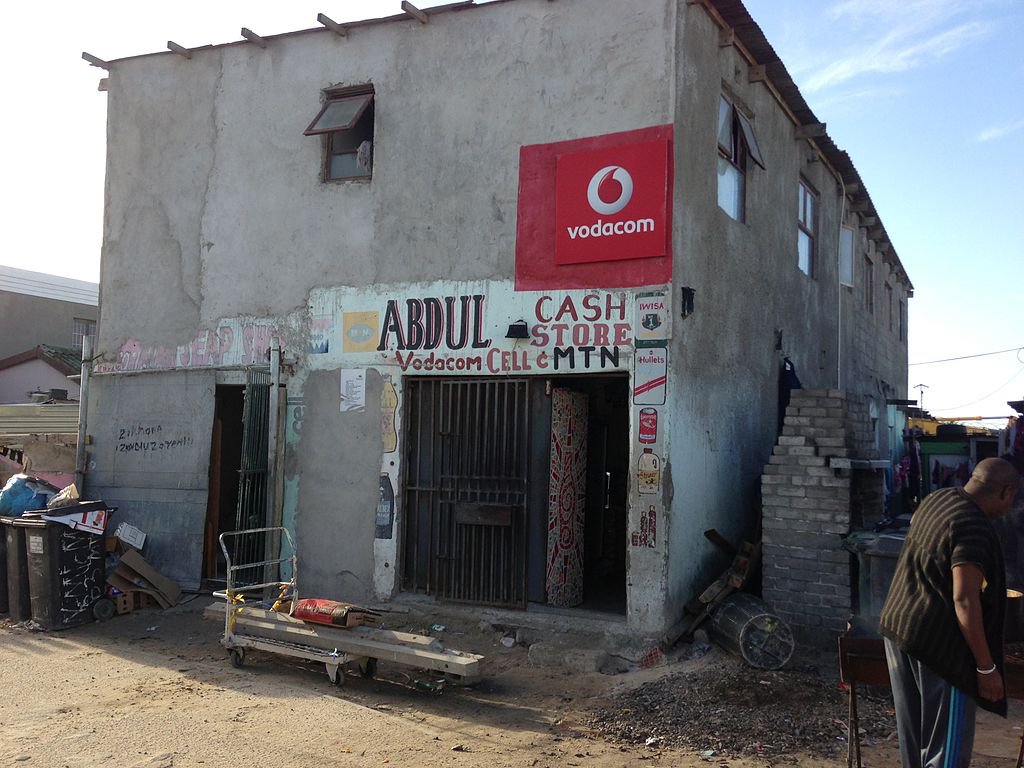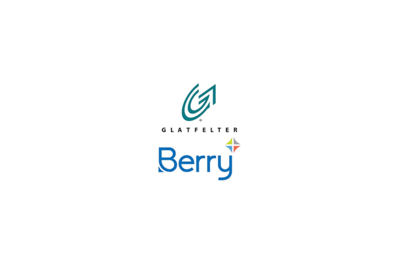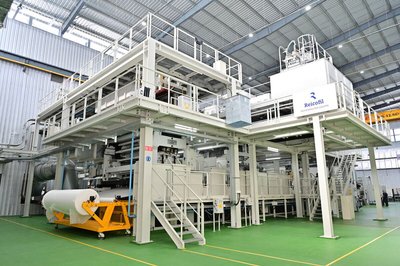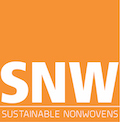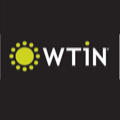
Africa is becoming an attractive location for nonwovens manufacturers, with the markets for absorbent hygiene products (AHPs) in particular, showing signs of growing rapidly.
Among recent announcements, for example, INDEX™20 exhibitor PFNonwovens is investing $100 million in a new spunmelt nonwovens plant in Cape Town which, with its existing plant in Egypt, will provide the company with supply points from both ends of the continent.
Meanwhile, Turkish-headquartered AHP brand Hayat Kimya has invested $100 million in converting plants in Nigeria and Kenya and is now looking at locations in Southern Africa, NSP Unsgaard has commissioned a new pantyliner production line at its Cape Town plant and further AHP capacity has been added in Nigeria, Ghana and Kenya.
According to Euromonitor, Algeria is currently the leading baby diaper market in Africa, followed by South Africa, Nigeria, Egypt and Angola.
Diversity
At last year’s Outlook conference held in Athens by INDEX™ 20 owner EDANA, Raymond Chimhandamba of Handas Consulting stressed the diversity of the African continent, with 55 countries all at different stages of development and a complex retail structure due to differing economies and consumption patterns, as well as diverse customs, religions and races. Africa will, however, potentially have between 1.2 and 1.7 billion AHP consumers by 2030.
“In the AHP industry, Procter & Gamble and Kimberly Clark have been the leaders in all markets, but this is changing fast and new regional brands are emerging,” Chimhandamba said. “In Nigeria we have seen Hayat’s Molfix become the market leader. Molfix is also a leading brand in Cameroon and has recently launched in Kenya.”
In Ethiopia, the Canbebe brand, which is distributed in many markets in the Middle East and Africa, is now the leading brand, while local company Wemy Industries is the biggest player in wet wipes in Nigeria.
“All of these developments create new opportunities for equipment manufacturers, raw material suppliers and private labels,” said Chimhandamba.
Retailers
In retail, he added, there has been increased interest in Africa by big European players such as Carrefour, which has moved aggressively into French West Africa, while South Africa’s major retailers – Shoprite, Pick n Pay, Spar and Massmart – have all been establishing themselves in new markets north of the South African border.
Botswana-based Choppies has been the fastest growing retailer in Africa, growing to over 250 stores spread across Southern, Central and East Africa in the space of a decade. Shoprite and Pick n Pay are also moving into the informal retail space, which offers a number of benefits in terms of convenience, accessibility and flexible trading terms.
“The informal channels – which could be as simple as a table-top on a corner – will continue to be a key part of African retail for the foreseeable future, so it’s interesting to see retailers sensing the opportunity and looking for partnerships,” Chimhandamba said. “In the longer term they with become better and more regulated because the small players will begin to have a track record that investors can look at.”
Unlike in other regions where e-commerce has been predominantly computer based, in Africa, the majority of transactions are carried out over mobile phone, leading to a whole new category of mobile commerce and the creation of networks of collection points as a further option for trade.
“No hygiene brand can win in an African market by focusing on a modern trade framework alone,” Chimhandamba concluded.
